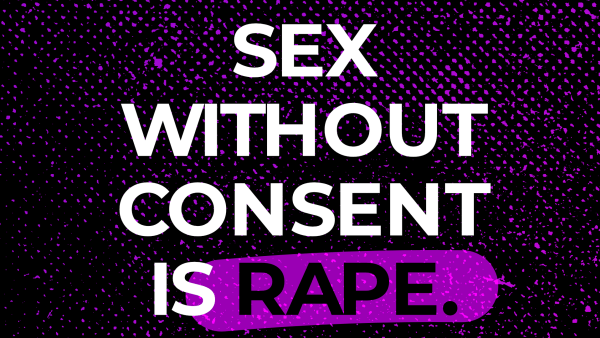Fair taxation for men and women is crucial for achieving gender equality and strengthening women’s employment and economic independence.
Today the S&D Group voted in favour of a joint report by the economic and monetary affairs and the women’s rights and gender equality committees on gender equality and taxation policies in the EU. The S&Ds urged member states to fight implicit bias in taxation that harm women by abolishing the "tampon tax", promoting individual taxation, encouraging research in this area and developing gender budgeting.
The S&Ds defended the progressive report in spite of efforts by the conservatives to water it down.
S&D Group spokesperson on economic and monetary affairs, Pervenche Berès MEP, said:
“Once again, we ascertain that current taxation systems are outdated and thus unfit for the 21st century. They are based on assumptions that are no longer valid, such as men being the only breadwinners, and fail to recognise the negative consequences on women.
“To rectify these consequences and incentivise women to enter the job market, we need to adopt reforms to the current tax systems. We want to ensure that men and women become equal earners and equal carers and thereby reducing the high gender pension gap. On average, women in the EU receive 40% less pension income than men.
“However, we warn member states against using personal income taxation as a pretext to dismantle family policies. Full preservation of all financial and other benefits linked to parenthood in current joint taxation systems must be guaranteed.”
"We also request for a better gender-documented approach to the impact of taxation policies as a whole, and its multiplier effect."
S&D Group negotiator on behalf of the women’s rights and gender equality committee, Mary Honeyball MEP, said:
“Gender inequality is a perpetual issue in the EU with far-reaching consequences. It affects millions of girls and women. From gendered wage and pension gaps, to the luxury taxation of sanitary products, women are discriminated against and treated as inferior.
“According to the Plan International UK, one out of 10 girls cannot afford to buy sanitary products. Female hygienic and care products, as well as services for children, elderly or people with disabilities are considered and taxed as luxury products in all member states.
“Having the values of supporting healthcare and reproductive rights is no good if they only exists on paper. Member states are encouraged to recognise the indignity of period poverty in theory but also in practice by providing complementary feminine hygiene supplies in schools, universities and homeless shelters, as well as for women from low-income backgrounds. It is time that we eradicate period poverty across the EU!”








